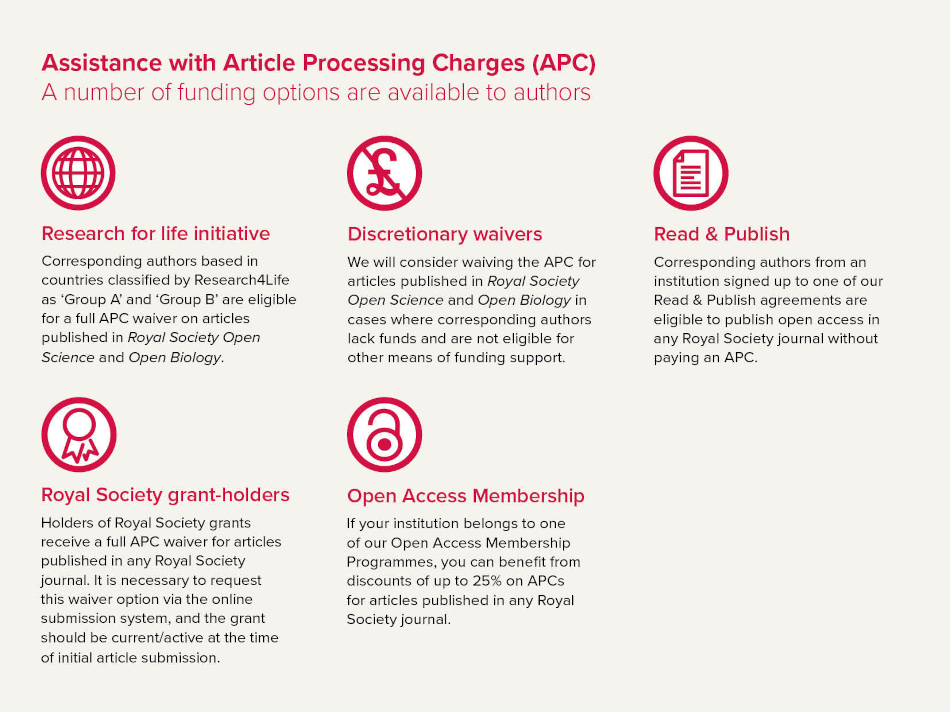We believe that inability to pay article charges should not be a bar to publishing good science.

Since our recent announcement to flip our hybrid research journals to a fully open access model when 75% of articles are being published open access, there have been plenty of discussions about the importance of maintaining a level playing field for authors.
Up to now these journals have operated on a so-called ‘hybrid’ open access model. Any researcher is free to submit an article and to choose whether to publish open access or behind a paywall. The author is also free to deposit their accepted manuscript in an open repository.
To mitigate any problems with access to paywalled articles in low income countries, we partner with various international schemes in order to make our journal content freely available to low-income and lower middle-income countries.
Access to authorship in fully open access journals
Hybrid open access is now seen by many funders as purely a transition to fully open access journals. There are many reasons for this which are beyond the scope of this blog post. Fortunately, many funders are supporting article payments either in direct reimbursement of article processing charges (APCs) or by contributing to ‘transformative deals’ in which read fees are combined with open access fees. Over time, these Read & Publish deals are expected to evolve into purely ‘publish’ deals as all content becomes open.
What if the author does not have funder support?
In some parts of the world and in some disciplines, authors have little or no funding for open access publication. We believe that inability to pay article charges should not be a bar to publishing good science and already makes provision for this in our two fully open access journals.
a. Corresponding authors based in low-income countries (classified as Group A or Group B by Research4Life) receive a full waiver of APCs.
b. Authors from outside these countries who may not be able to pay an APC can apply for a discretionary waiver. The author fills in a short form and the decision whether to grant a waiver is taken independent of the editorial decision-making process. If the author is able to demonstrate they have explored and exhausted suitable funding sources, the waiver is normally granted.

Why isn’t open access free of charge?
Ultimately if scholarly communication is to meet the high standards expected by the research community there is a cost involved. We greatly appreciate the work of volunteers such as academic editors and reviewers without whom scholarly communication would not be possible. However, there is a range of costs including managing peer review (which of course includes the cost of all the rejected papers where no APC has been collected), electronic production, metadata, ethical checks, data hosting, editing, discoverability and dissemination.
What are the benefits of publishing open access?
We believe that opening the record of science to the widest possible audience and making that record re-usable will accelerate the generation of knowledge and accelerate discovery. We apply the same standards of high-quality, rapid peer review and production to all papers, whether or not they are behind a paywall.
Many researchers are now required by their funder or institution to publish their work open access, but in addition, authors who choose open access publication are likely to benefit from increased dissemination and citation.
If you choose open access, we will deposit the article in PubMedCentral on your behalf. You’ll also benefit from a liberal licensing and re-use policy through Creative Commons licence CC-BY 4.0. This is vital to ensure others can build on your work while giving you credit.
Find out more about publishing open access with us.




